Prashant Kishor’s Jan Suraaj and Caste Politics of Bihar
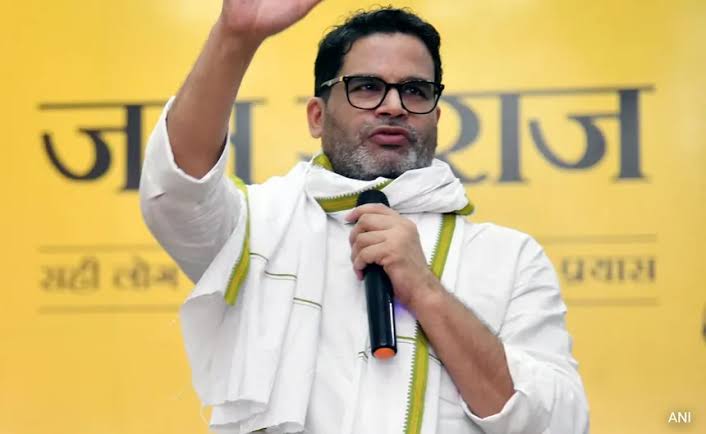
Prashant Kishor, a new figure in Bihar politics, has launched his own party, Jan Suraaj, in 2024, vowing to cleanse the state's political landscape. He asserts that he will fight against the entrenched corruption and dynastic politics exemplified by the BJP and RJD, whom he accuses of treating citizens merely as vote banks. Kishore’s entry into state politics follows a career as a political strategist, having advised the BJP in 2014 and Mamata Banerjee's Trinamool Congress in West Bengal. His stint with the Congress party, however, ended when his recommendations, including a leadership change, were rejected.
Kishor’s foray into direct politics raises several questions. Some observers wonder if he's emulating Arvind Kejriwal's anti-corruption platform, which propelled him to power in Delhi. A major point of contention is the funding for Jan Suraaj, with suspicions that the BJP might be backing him to fragment the minority vote. Kishor's extensive "padyatras" (foot marches), mass mobilization efforts, and engagement with NRIs have also fueled speculation about the source of his campaign finances.
Prashant Kishor has been associated with different political parties as a strategist, like in 2014, he was with the BJP with his psephological mantra, or sure shot formula to win the elections, which might have propelled Modi's emergence to federal power structure. But again, he was associated with Mamta Banerjee in Bengal, and this talisman weaved his magic to help Mamta Banerjee retain her stronghold in Bengal. Then, he offered his services to the Congress but could not keep going as Congress turned down his plans, refusing to comply with his observations, which included a suggestion to drop the top leadership and flaunt a new face and Prashant Kishore had to terminate his contract with the Congress. But now, the all-important question is what made Prashant Kishore launch his own political party in Bihar and whether he was buyoed by the idea of a political experiment to get into the
Bihar's political fray to flay the flaws of politics or to repeat Arvind Kejriwal's experiment with corruption as the grounds to bolster his own candidacy with an eye on in Delhi. He did succeed in Delhi by promising the moon to the people. Will he be able to sell his dreams in Bihar too is a million dollar question.
PK as he is beginning to be known in the political circles with the launch of his party Jan Suraaj in 2024, somewhat in the image of Robin Hood, to remind the people that they further perpetuate their enslavement by voting either for the BJP or the opposition RJD who have treated them as sheer vote banks. He warns that these parties have exploited their sentiments to entertain their own political ambitions with little or no concern for common good.
Casteism, crime and corruption, combined with bureaucratic red-tapism, and lawlessness all have been there in the state of Bihar primarily because the people are voting for corrupt and criminal politicians. PK questions the history and dynamics of politics in Bihar and simultaneously asks the people to break the caste and dynastic shackles of existing power structure.
Caste orientation, backward forward divide, transfer of leadership from father to son in the context of the emergence of Tejaswi Yadav as the sole inheritor of Laloo Yadav and thus questions this swift transfer of leadership from father to son and why he further laments that what qualifies him to be his successor?
The question is important because son being the successor is questionable as Laloo is restricting leadership to his family while his supporters are under a moral obligation to vote for him. Further, he questions Nitish, too, about his governance in Bihar after he took over from Laloo's defeat in 2000? But the larger question is who is P.K.P. though he doesn't write Pandey, his title?
The second question is, what credentials does he have to win the trust of the people of Bihar? Third, why is there a doubt that Jan Syraaj Party is funded by the BJP to eat into the minority votes in particular to strengthen its financer or its mentor? These questions stem from the fact that amount of money that PK is pumping into his campaign doesn't seem to be his own.
Besides, his hectic parleys, Pad-Yatra, mobilization of mass support, frenetic run to win favour's of NRIS, but the question remains why people should trust PK and see him as a viable alternative to the political parties in Bihar and where is the guarantee that he is not aligned to any one and the forces he is trying to unleash in the formation of a new equation to consolidate himself politically? Why he should he not be treated as the second Owaisi who is trying to emerge by selling dreams to the people of Bihar because Owasi has been disruptive and accused of being funded by the BJP? Is Jan Swaraj toeing Owaisi's line.
Furthermore, critics question Kishor's own credentials and what makes him a trustworthy alternative to established parties. His criticism of dynastic politics, particularly regarding Tejashwi Yadav's succession to Lalu Yadav, is prominent, as is his questioning of Nitish Kumar's governance since 2000. However, Kishor himself faces scrutiny regarding his background and the potential for his party to be a disruptive force, akin to Asaduddin Owaisi's AIMIM, which has also been accused of being a BJP proxy to divide votes.
To gain the confidence of the people of Bihar, especially the Muslim community who view him with suspicion as a potential BJP agent, Kishor needs to address these concerns directly. He must clarify his funding sources, demonstrate his independence from any political alignment, and present a clear strategy to dismantle Bihar's deeply rooted caste equations and confront its powerful political figures. Ultimately, he needs to articulate why the people of Bihar should trust Jan Suraaj as a viable and clean alternative to the existing political order.
(Author is faculty member in the department of English, College of Commerce, Arts & Science, Patna.)

 1 month, 3 weeks ago
1 month, 3 weeks ago


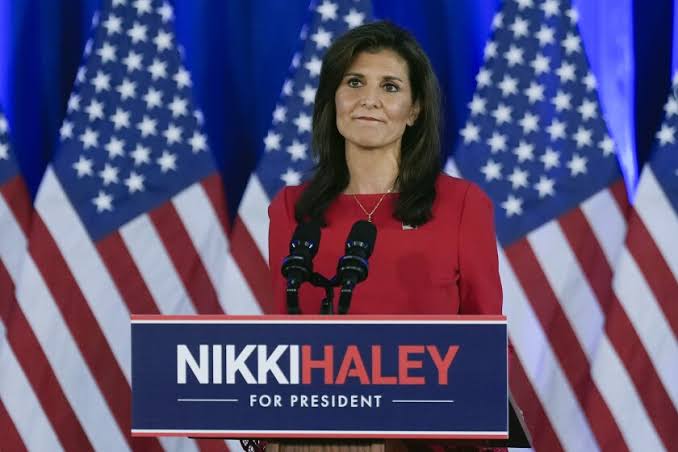

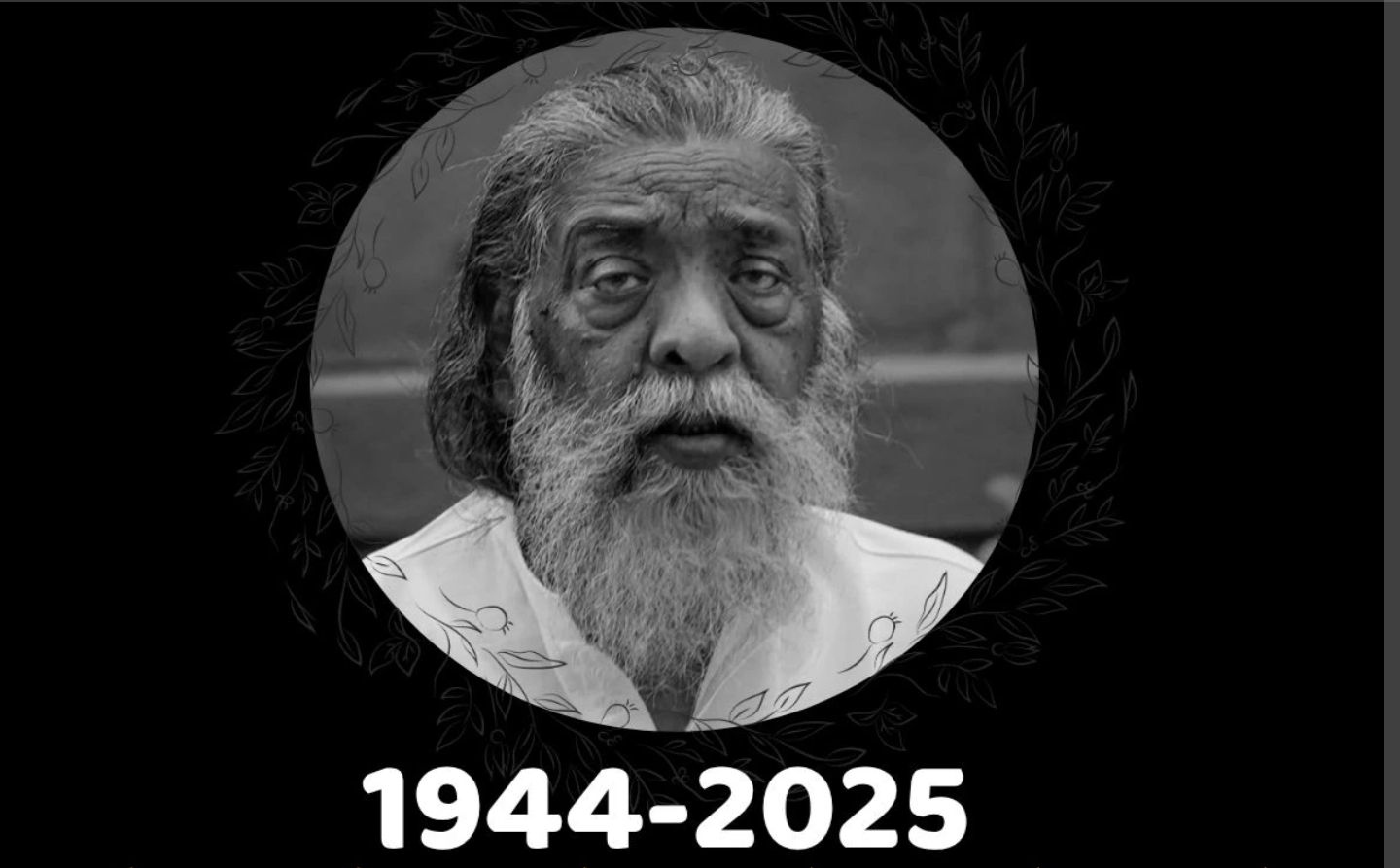
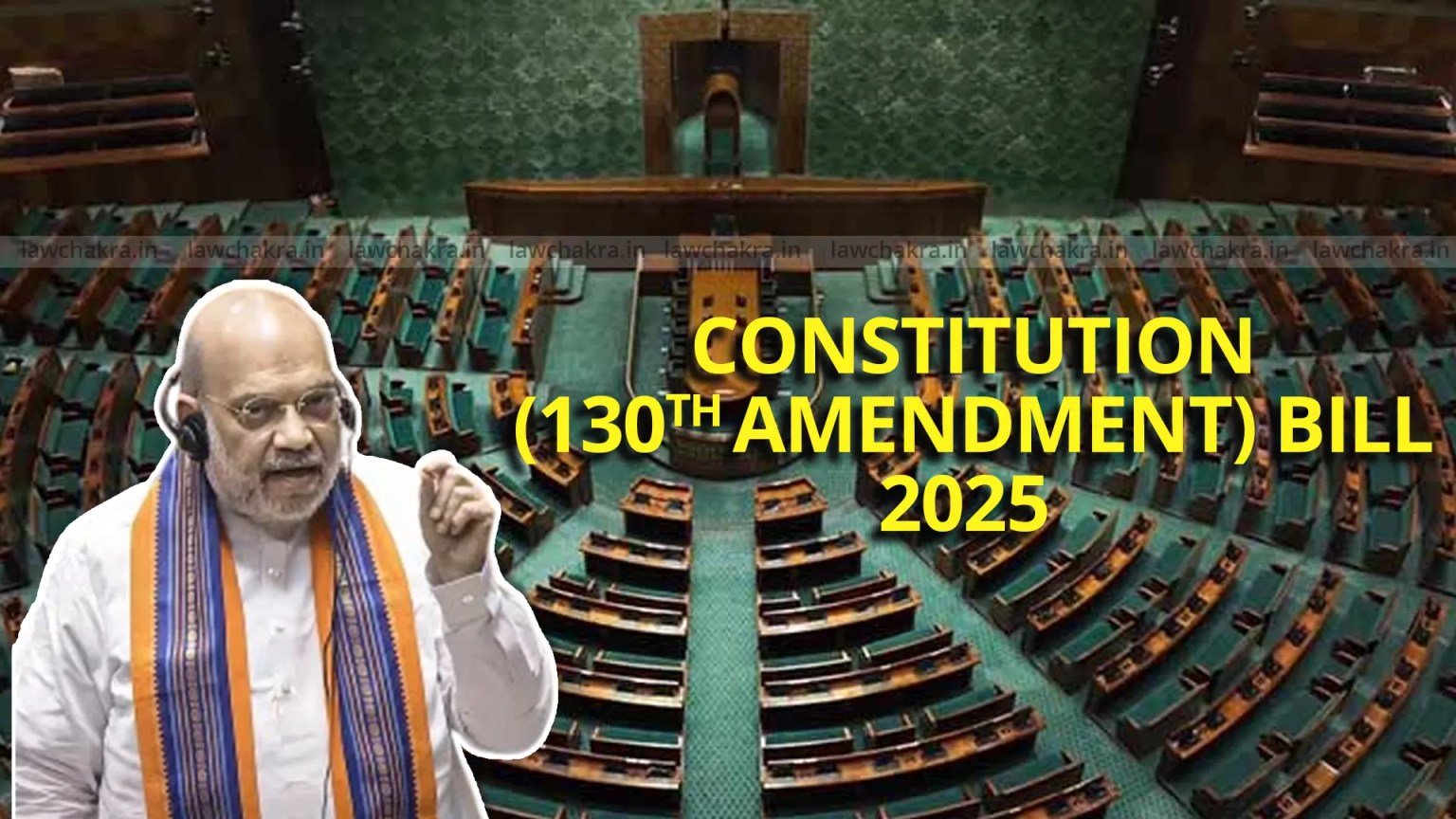



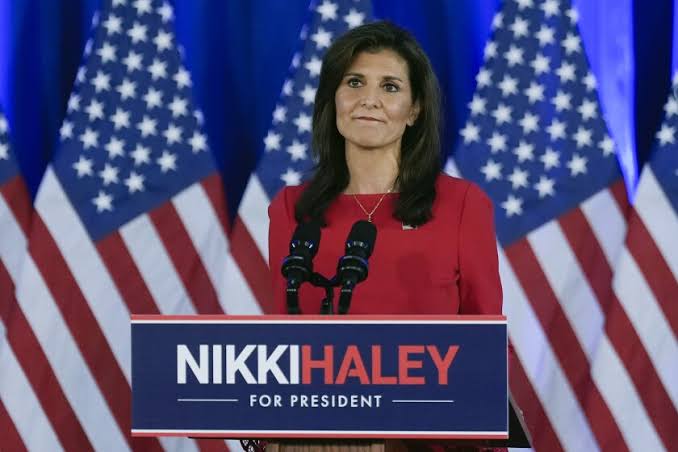

[[comment.comment_text]]